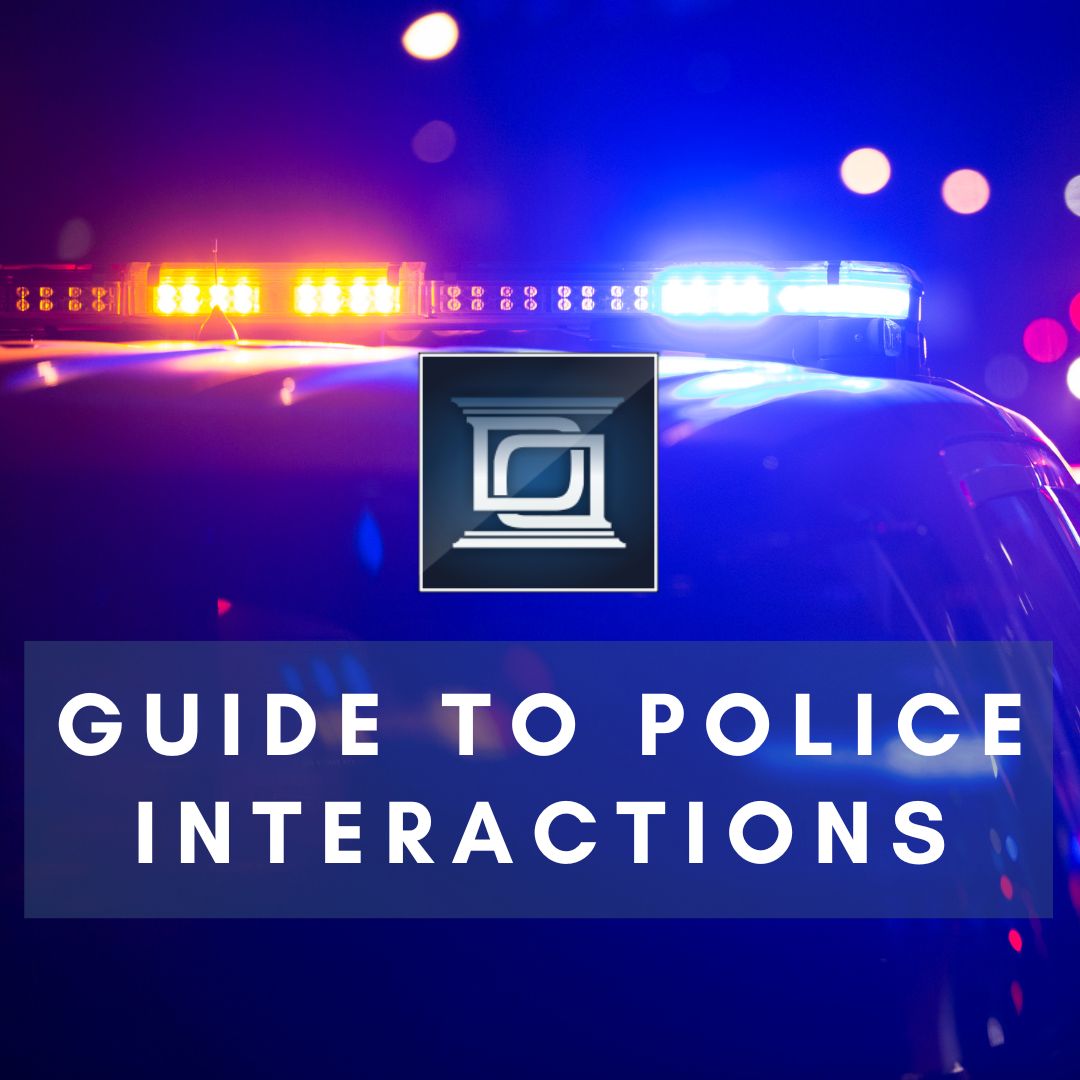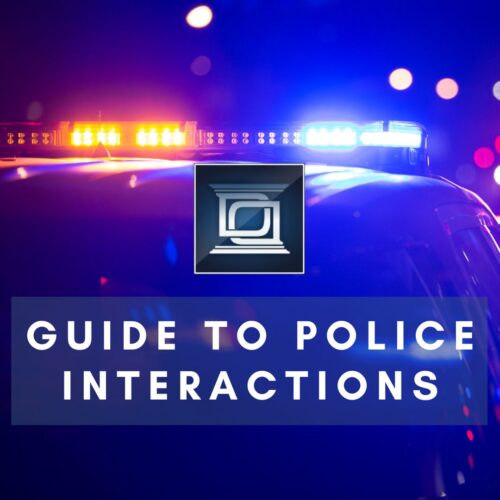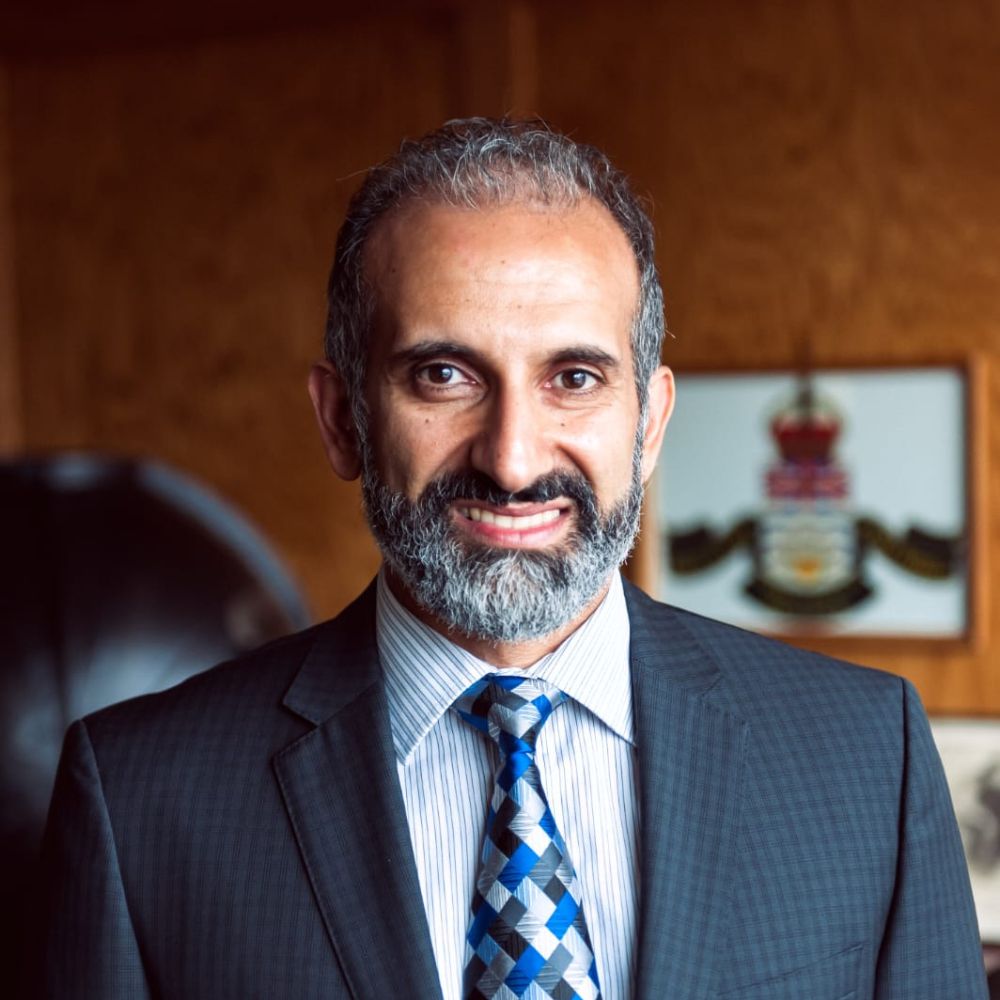In the Canadian legal system, the right to remain silent is a fundamental principle that protects individuals from self-incrimination during interactions with law enforcement. As a cornerstone of the Canadian Charter of Rights and Freedoms, this right plays a crucial role in ensuring fair and just proceedings in criminal cases.
This post is a continuation of our Guide to Police Interactions. In this entry, we will delve into the significance of the right to remain silent, explain how and when to exercise it, and discuss the potential consequences of waiving this vital protection.
The Right To Remain Silent
The right to remain silent is enshrined in Section 7 and Section 11(c) of the Canadian Charter of Rights and Freedoms. These sections guarantee every individual the right to not be compelled to be a witness against themselves in criminal proceedings. This means that you have the right to refrain from providing any information that could potentially incriminate you or be used against you in court.
Remaining silent is not an admission of guilt; it is a crucial safeguard that ensures your statements cannot be misconstrued or used to your detriment during the legal process. Law enforcement authorities must respect your decision to remain silent, and they cannot draw negative inferences from your exercise of this right.
Invoking the Right: How and When to Exercise It
Exercising the right to remain silent should be done with clarity and assertiveness. If you find yourself in a situation where you may be questioned by the police, remember the following steps:
- Stay Calm and Composed: Police interactions can be intimidating, but it’s essential to remain calm and composed throughout the encounter.
- Clearly State Your Decision: Politely inform the police that you are exercising your right to remain silent and that you wish to speak with a lawyer before providing any statements.
- Avoid Engaging in Conversation: Refrain from answering any questions or providing any information, even if the police attempt to pressure or coax you into doing so.
- Request Legal Representation: Along with exercising your right to remain silent, request to speak with a lawyer. The presence of legal counsel is crucial in protecting your interests during police questioning.
Consequences of Waiving the Right
Waiving the right to remain silent means voluntarily choosing to provide statements or answers to police questions. While it is your choice to do so, it is essential to understand the potential consequences:
- Self-Incrimination: Without exercising the right to remain silent, there is a risk that your statements may inadvertently incriminate you or be used against you in court.
- Limited Control over Information: Once you have provided a statement, you cannot undo or retract it. This information becomes part of the official record and may be used by the prosecution during the legal process.
- Impact on Defence Strategy: Providing statements without legal counsel can hinder your lawyer’s ability to build a strong defence strategy tailored to protect your interests effectively.
Understanding and exercising the right to remain silent are vital elements in protecting your defence during Canadian criminal cases. This right serves as a shield against potential self-incrimination and allows you to make informed decisions with the guidance of legal representation. By asserting your right to remain silent, you can safeguard your legal rights and contribute to the pursuit of justice.
If you were arrested, get in touch with the criminal defence lawyers at Dhanu Dhaliwal Law Group. We can advocate for your rights, even if you chose not to invoke your right to remain silent. Fill out our contact form or call our office to get started.
(Note: The information provided in this blog post is for informational purposes only and should not be considered legal advice. For personalized guidance, it’s essential to consult with a qualified Canadian criminal defence lawyer.)




